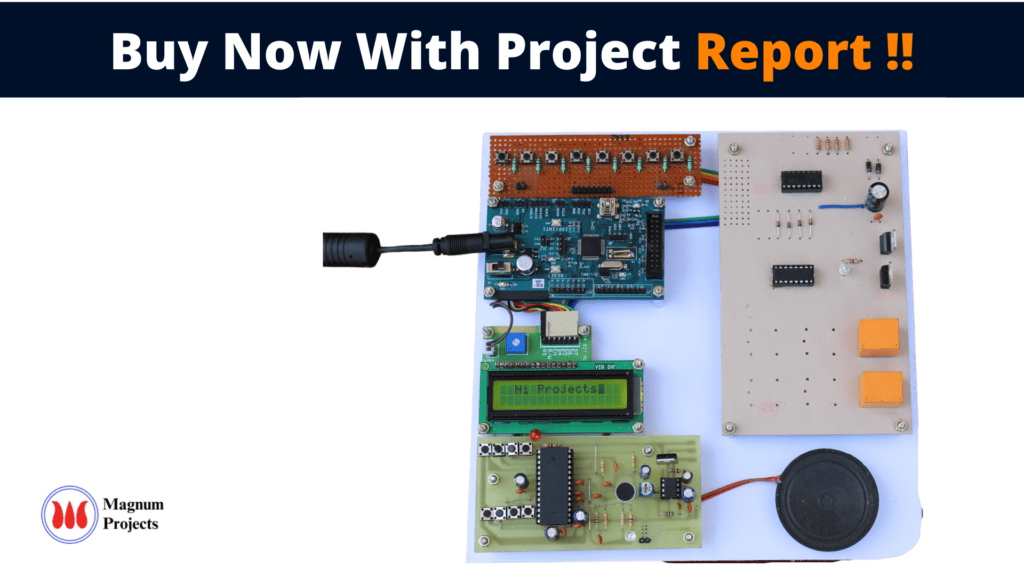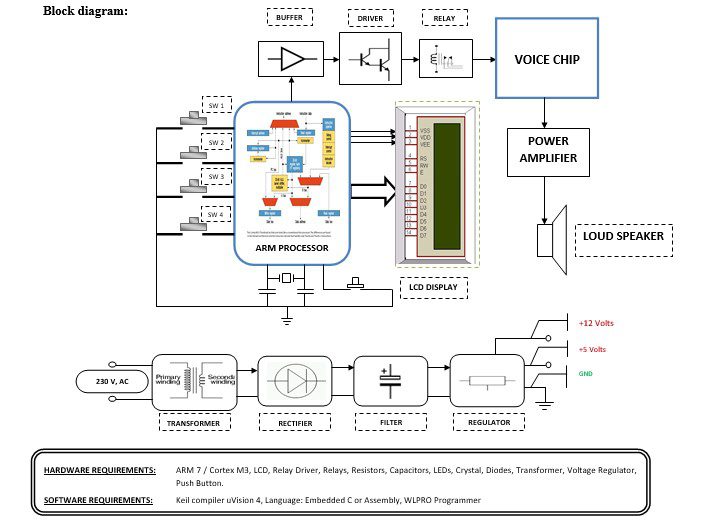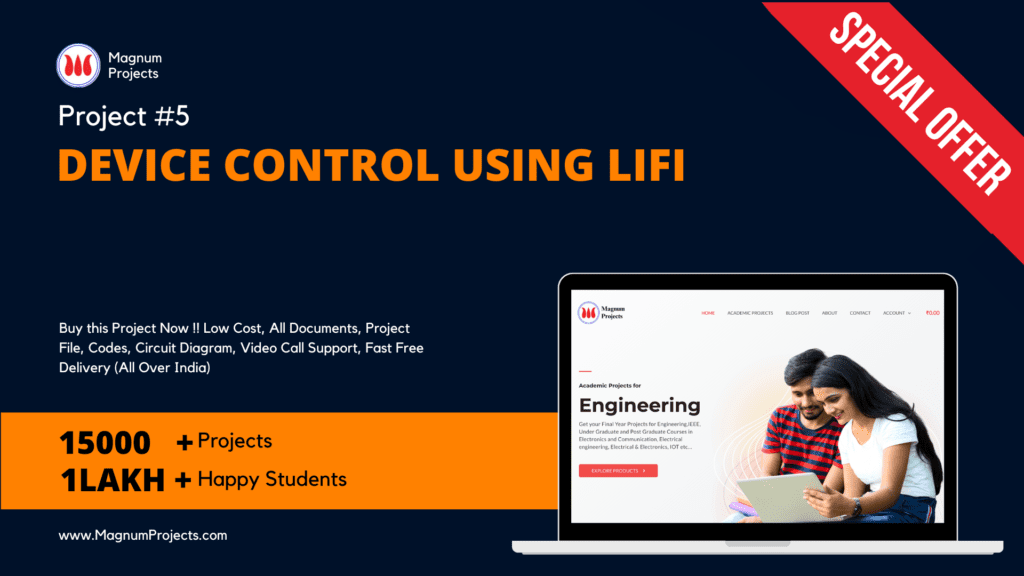Table of Contents
Introduction:


India has the largest population of blind people in the world. That’s over 12 million people. Most of them live in the poorest parts of the country with little or no access to even basic healthcare facilities. Disability is a contextual experience and depends ion, on the interaction between an individual and his/her environment, including physical, information, communication, social, and policy environments. Effective communication is essential in creating an accessible information and social environment for people with disabilities.
BLINDNESS is a physical handicap that can be minimized by appropriate rehabilitation and by the development and use of the other senses. About nine out of ten blind persons you meet have lost their sight in adulthood. They are likely to be interested in the same things as you are. They don’t need your pity or your expression of sympathy and wonder. Most people find certain awkwardness in the role of guide, which arises from their lack of knowledge of effective techniques for handling the situation. The following governing principles will assist in relieving this uncertainty.
Always try to remember that a blind person cannot see. This fact is apt to escape the associates of blind people as they gain a familiarity with the effectiveness which is possible for the blind and lose the impression that blindness means helplessness. There is no magic to the effectiveness of blind people, and it depends heavily upon securing from seeing people information that could be gained by touch, but only with embarrassment, for example, information that there are both biscuits and rolls on a bread tray. Openness, directness, and unobtrusiveness should govern the imparting of such information.


Block diagram explanation:
Power supply unit:
This section needs two voltages viz., +12 V & +5 V, as working voltages. Hence specially designed power supply is constructed to get regulated power supplies.
Switches:
In electrical engineering, a switch is an electrical component that can break an electrical circuit, interrupting the current or diverting it from one conductor to another. A switch may be directly manipulated by a human as a control signal to a system. Automatically operated switches can be used to control the motions of machines.
ARM processor:
ARM is a computer processor-based RISC architecture. A RISC-based computer design approach means ARM processors require significantly fewer transistors than typical processors in average computers. This approach reduces costs, heat, and power use. The low power consumption of ARM processors has made them very popular:
The ARM architecture (32-bit) is the most widely used in mobile devices, and the most popular 32-bit one in embedded systems.
Buffers:
Buffers do not affect the logical state of a digital signal (i.e. a logic 1 input results in a logic 1 output whereas logic 0 input results in a logic 0 output). Buffers are normally used to provide extra current drive at the output but can also be used to regularize the logic present at an interface.
Drivers:
This section is used to drive the relay where the output is the complement of input which is applied to the drive but the current will be amplified.
Relays:
It is an electromagnetic device that is used to drive the load connected across the relay and the o/p of the relay can be connected to the controller or load for further processing.
Voice recorder:
The aPR33A series are powerful audio processors along with high-performance audio analog-to-digital converters (ADCs) and digital-to-analog converters (DACs). The aPR33A series is a fully integrated solution offering high performance and unparalleled integration with analog input, digital processing, and analog output functionality. High-quality audio/voice systems with lower bill-of-material costs can be implemented with the aPR33A series because of its integrated analog data converters and a full suite of quality-enhancing features such as sample-rate converters.
In this messages must be recorded or played back sequentially, specially designed for simple key triggers, the user can record and playback the message. Meanwhile, this mode provides a power-management system.
Methodology:
The project consists of a switches unit consisting of appropriate switches, a controller, and a voice kit. If the Blind person wants to know the information of the location where he is there, for that he needs to press the switch. If the switch is pressed, the pressed switch will indicate the requirement of the person like information about the location. The signal from the switch is given to the ARM to present corresponding voice information to indicate exactly the information about the location of the place.
Advantages:
- An automatic way of finding the information of the location.
- Consumes less power.
- Provides very accurate data via the Zigbee system.
- Facilitates simple asset recovery and tracking.
- Helps the visually disabled to navigate safely.
- Improving the capacity of the system helps to cover large areas.
Disadvantages:
1. The only thing that is clear about constitutional protections for location-based service information is the lack of clarity.
Applications:
- Public and private transportation.
- Location searching.
- Espionage/surveillance.
- Useful for the visually impaired as an information guide.
- Can also be used as a location identifier using suitable modifications.
- Can be used for providing security against theft and enemy alerts for blind people.
- Can be implemented in trains and buses to provide information about the upcoming stations to the passengers.




